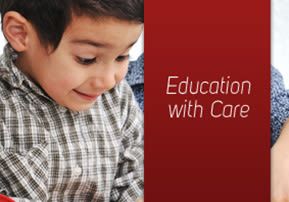
Education with Care
Our children are waiting for us to help them find their way back; not just the kids at risk, but a large group of committed and stable children who are not breaking the rules…

Rabbi David Charlop from Telstone is a veteran educator who has helped hundreds of rebellious youth become upright and responsible members of the community.
The Yeshiva I work in is one of a number of wonderful institutions dedicated to dealing with the students where they are and helping them on their road back to Our Father in Heaven. This dedication to relating to our students where they are is step one of what came out from a long year. We the teachers, we the parents, we the administration needed to be ready to get our “hands dirty” and deal with the students with the issues they are dealing with. I don’t mean to imply that we should ignore the curriculum that has been determined to be best for the students’ growth. But it does mean having time in the daily or weekly schedule on a formal or  informal basis to really listen to and discuss the issues that are bothering the students. If we don’t listen to them, chances are they won’t listen to us.
informal basis to really listen to and discuss the issues that are bothering the students. If we don’t listen to them, chances are they won’t listen to us.
We need to know that the Torah provides answers. Our wonderful Torah is for all time and all places. With the sensitivity and guidance of the present Gedolim (the great Torah sages of the generation) how and what is taught can make education so much more meaningful to students who are hungry for meaning and purpose. The responses can take the form of Mussar (Jewish ethics) and Hashkafah (Jewish world outlook) but it can easily take the form of learning “a blatt Gemara” (a page of the Talmud).
We shouldn’t allow ourselves to be fooled. A Jewish soul is thirsty for spiritual refreshment, for “the real thing”. The short cuts many of our children are trying don’t and can’t work. If we don’t fully believe that Torah can address the issues, fears, and doubts of this confused generation then we need to personally strengthen our Emunah (faith) in the eternity of the Torah and the eternity of the Jewish soul. Our experience this year, and in the past, shows that only Torah will provide the answers that these searching (and sometimes not-searching) young men and women are looking for.
However the process of connecting the listening and connecting the teaching and giving over of the quenching waters of the Torah is very subtle. Until the student feels heard and understood and not rushed, only then is it possible to teach Torah that will give the life, simcha, and answers desperately being searched for. This takes much Sayata D’Shmaya (direct help from Hashem) and much Tefillah (prayer) and a decent measure of common sense. Our wonderful staff each has their own approach to how to balance these issues. I think it would be safe to say that we of the staff each have a different style and approach and that no one approach is the correct one. The main ingredient is the student feeling that he is really being listened to and really being cared for.
Parenthetically often this process, especially for the challenging student, is more easily accomplished by a teacher, Rebbe, or learning partner. The student often feels that there is less of an “agenda” being brought into the picture. It is a real catch-22 that the slower we go with the student, ultimately the faster he will change for the good.
All of this is easier said than done. Our children are waiting for us to help them find their way back. And this doesn’t just mean for those unfortunate students and children that have fallen from our Torah. This includes a large group of committed and stable children who are not breaking the rules. However there are many out there who feel distant from Hashem and from His Torah. (Maybe this is to be expected. How close do we feel to Hashem and His Torah? What we don’t feel ourselves we shouldn’t expect from our children.)
There is more to say since the topic is so expansive. What I hope was expressed here is that we can’t sit and complain about where we are. Not the parents about the Yeshivas, Day Schools, or our educational institutions in general. Not the teachers about administration and parents. And although we expect the children to complain, they also need to be directed to finding solutions.
We have all read, written, and composed in our minds and our hearts many articles about the problems of the system and the times. We have to throw out those articles. They don’t need to be written. We are all well aware of the problems and difficulties facing us. We need to be writing articles about listening, caring, teaching Emunah (faith), davening (praying) for Hashem’s guidance. These second series of articles based on making changes and building will become known, with Hashem’s help, as words that helped alter our direction and our thoughts from despair to hope, from apathy to action. These caring words and subsequent actions will bring us that much closer to the coming of Mashiach (Messiah) speedily in our days.
* * *
Rabbi Dovid Charlop is a “Rosh Mativta”, one of the senior teachers at Yeshivat Neve Tzion in Telstone, Israel.


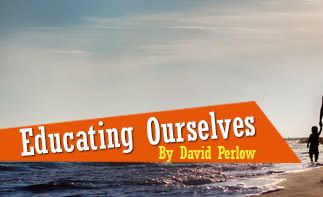
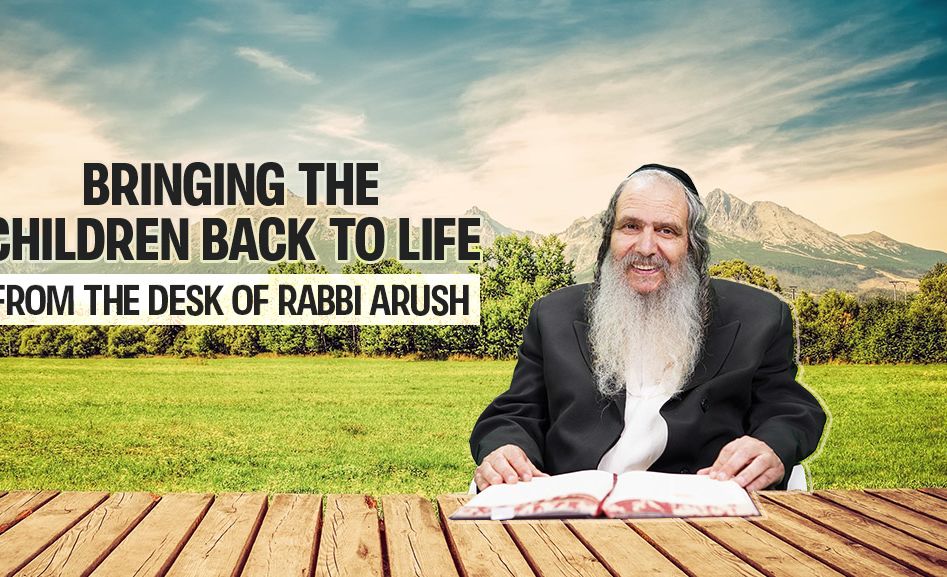
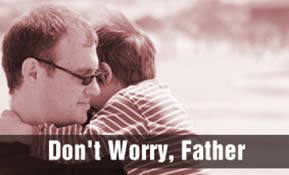
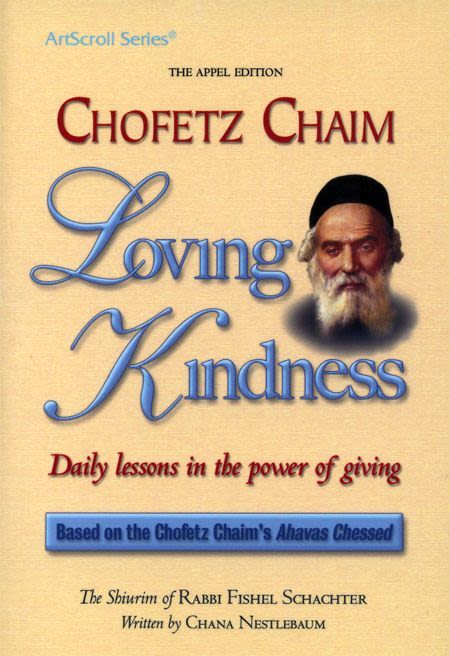



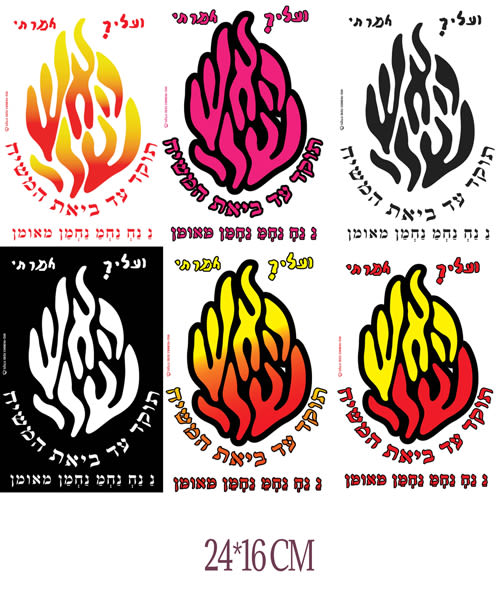
Tell us what you think!
Thank you for your comment!
It will be published after approval by the Editor.